How long before the expiration date can I eat?
Friends who like to buy Japanese food may know these two Japanese terms [ expiry date] and [expiry date], and [expiry date] is roughly similar to the Taiwanese idioms "shelf life" and "expiration date". "Shelf life" refers to the period during which food quality can be preserved, such as 6 months. The "expiration date" is equal to the "expiry date", and the specific date is directly printed on the packaging bag. It is often said that food has expired, which means beyond this date. In Japan, it is usually used for fresh food with a short shelf life, such as bento and bread.
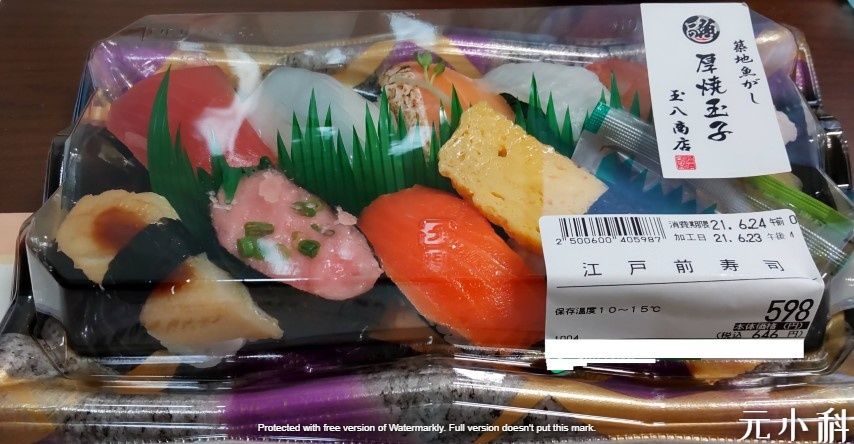
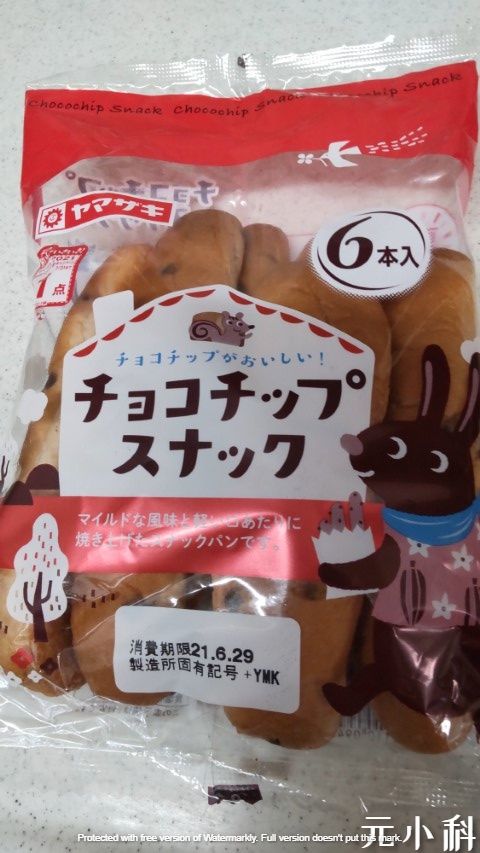
【Best before date】At present, I have not found the corresponding Chinese language. I need to explain a little. The expiration date set by the manufacturer to maintain the best taste . That is to say, under the premise of complying with the prescribed storage environment and the food has not been opened, even if it is opened after this date, it can be eaten, and it will not be broken just because the expiration date has passed.
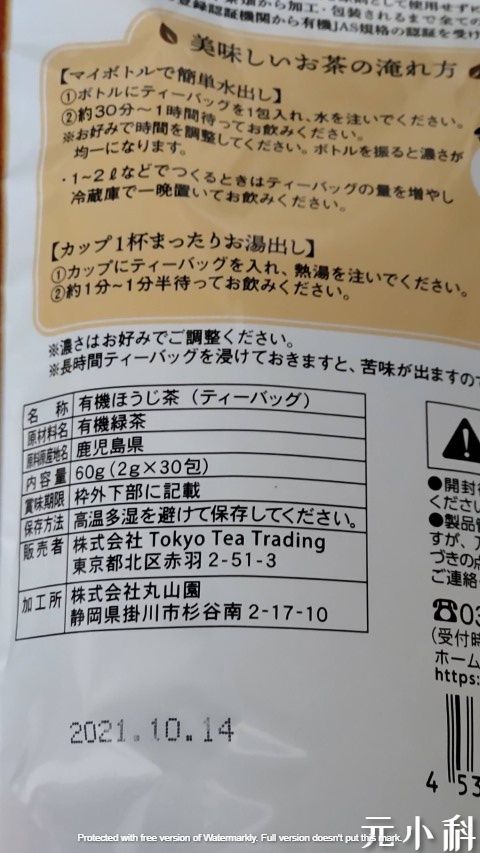
It is known that the same is true for Europeans and Americans. It is a pity and a waste to discard a lot of edible food for the expiration of the tasting period! Especially now due to the epidemic and other reasons, it is easy to hoard food in order to reduce the frequency of going out. It is difficult to grasp the consumption of too much food, and it is stored for a long time without knowing it.
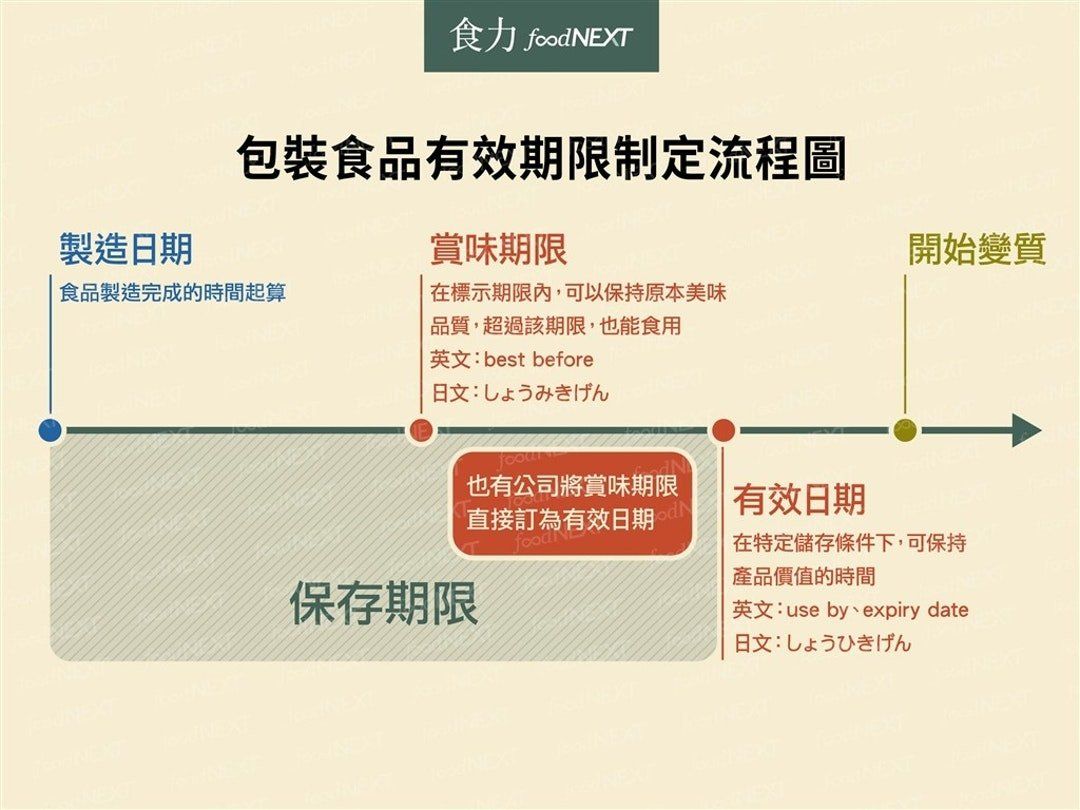
After the Great Tohoku Earthquake in 2011, my family also stocked up on some disaster prevention supplies, including disaster prevention food. Because they are all foods for long-term preservation, they simply forget their existence after they are placed in the cupboard. One day I find something to find these foods. Some of them are really expired for a long time, which makes me feel distressed.
[Tasting period] Since it can still be eaten after the expiration date, the question is, how long can it be eaten after the expiration date?
Even food experts have a hard time answering this question. (If I only wrote here, then this is a headline party article! XD)
Japan is a country with many natural disasters. Not only my family, but the Japanese government will also prepare a site to store disaster-prevention food. It is known that the central provincial government keeps 1 million food items at any time, and there are specialized units that regularly replace 200,000 food items that are about to expire every year. In the past, the approach was to directly discard the soon-to-expire food. In recent years, following the world trend, in order to minimize food waste, public bidding has been made to sell the soon-to-expire food to enterprises. However, the efficiency of public units such as the Japanese government is also famously poor, and many bidding cases have no companies to bid at all. In the end, it is still discarded, and it costs money to discard. I heard that the cost of discarding 1kg of canned food is 50~100 yen.
Since discarding still requires taxpayers' tax dollars, it is better to donate to charities such as food banks. The idea is very good, but these charities in Japan refuse to accept these foods! Ordinary people may think that if the state donates food to you for free, do you pretend to be arrogant and refuse to accept it. Thinking like this, they misunderstood them. They just didn't dare to take the responsibility of picking up these expired foods and eating them. Even the vast majority of Japanese people know that they can still eat it soon after the expiration date has expired.
The Japanese government also knows that this is not the way to go. It assigned the Consumer Affairs Agency (a Japanese government unit that protects consumers) to conduct scientific investigations on disaster-prevention foods. After testing, they came up with a formula that can be eaten after the expiration date.
Formula: Tasting period months x 0.1 x 0.5 = safe eating months (adding months)
Example: If the taste period is 3 years, 36 months x 0.1 x 0.5 = 1.8 months (after the 3 years expire, it can be more than 2 months)
The author of the Japanese data also said that the last (x 0.5) can be calculated without adding it. It is simply that the government unit deliberately halved the date for the sake of insurance. It also lists many provisos, emphasizing that this is a special storage site for the government, it is not directly exposed to the sun, it is not a high temperature and humid environment, and the test object is food suitable for long-term storage, etc.
In fact, the Japanese food industry has always had an unwritten rule [ 1/3 rule ], which means that from the date of production in the factory to the expiration of the tasting period, each is divided into 1/3, and the first 1/3 is the shop that comes out of the factory. When the goods arrive at the store, the middle 1/3 is the time when the food is on the shelf waiting for customers to buy, and the last 1/3, the store will return it to the wholesaler or factory. This unspoken rule is actually quite strict in terms of international standards. It can be assumed that food that has not been purchased by consumers is returned and destroyed. It is said that the amount of food destroyed is hundreds of billions of yen every year.
Some major Japanese food manufacturers have also made improvements to this problem. For example, Nissin Foods has extended the tasting period of Cup Noodles from 5 months to 6 months, reducing food waste by increasing the tasting period.
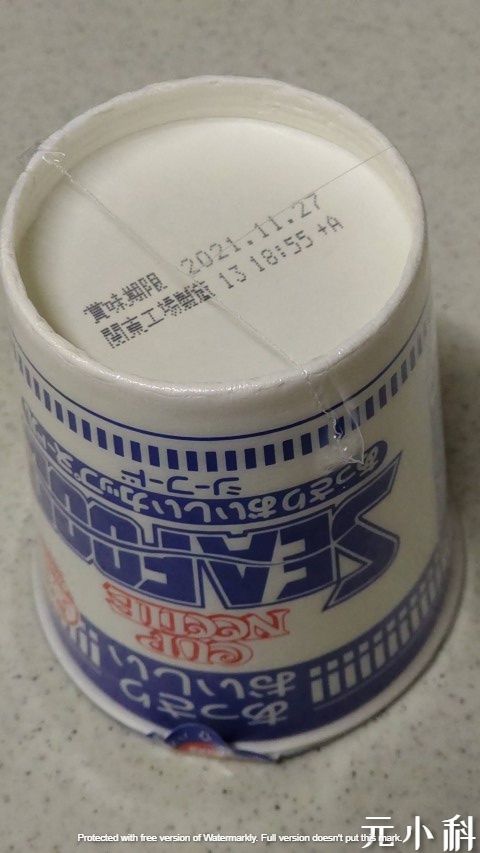
In addition, starting from last year (2020), some major manufacturers began to change the [appreciation period] from the year, month and day to only marking the year and month, which means that it will be automatically extended to the last day of the month. The main purpose is to reduce food waste, and at the same time, manufacturers or storefronts can control inventory more effectively.
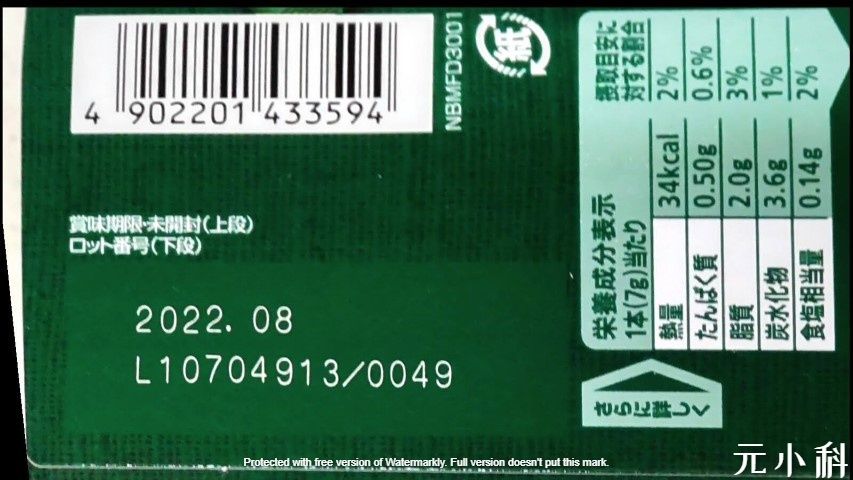
Many things can be deduced from the occurrence of these phenomena. To be on the safe side, food manufacturers have kept the tasting period as short as possible in advance. Japanese people are also very sensitive to the tasting period, and many people will discard the food as soon as the period expires. Charities, worried about food recipients eating problems, refused to accept free government donations of food that was about to expire. Although the Consumer Affairs Agency has tested how long it can be eaten past the date, the formula given is still very conservative.
In the final analysis, all these behaviors have a lot to do with Japan's overall national personality, and it also makes Japan among the best in terms of wasting food.
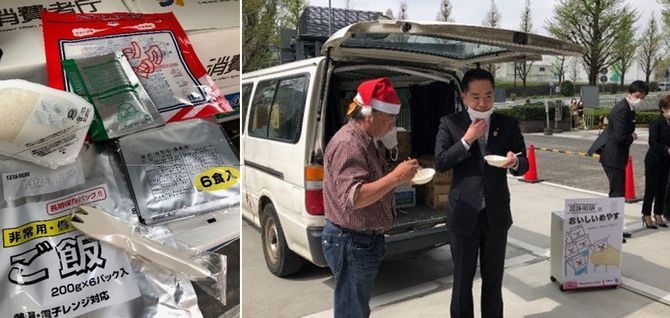
PS. The date formula that is still safe to eat after the tasting period expires can still be used, and the last half is optional. XD
2021/06/24 posted.
Original link to Japan behind-the-scenes observation
Like my work? Don't forget to support and clap, let me know that you are with me on the road of creation. Keep this enthusiasm together!



- Author
- More